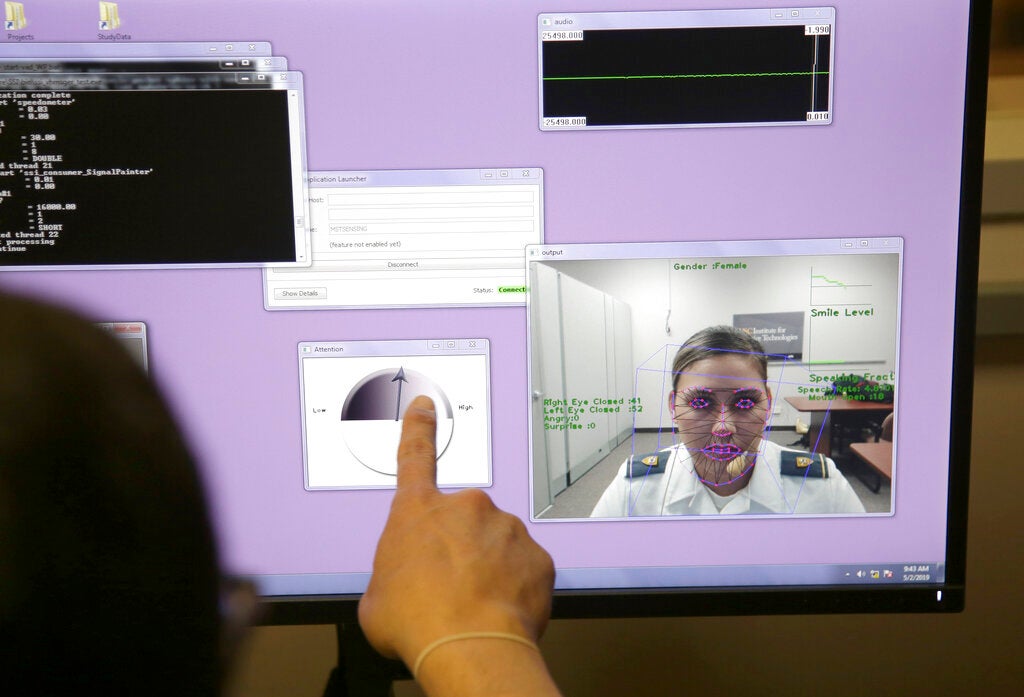State agencies in Wisconsin, following the approval of a measure by Republicans in the Assembly, will need to devise strategies for implementing artificial intelligence, including potential workforce reductions. This initiative, championed by GOP proponents, aims to leverage AI to enhance the productivity of current employees. However, some Democrats are cautious about enshrining AI utilization benchmarks in legislation for a technology that is still evolving.
The legislation mandates the Legislative Audit Bureau to scrutinize each agency’s AI utilization for efficiency improvements by June 30, 2025. From 2026 onwards, agencies must annually disclose full-time positions that could benefit from AI tools to streamline tasks. Commencing in 2030, state agencies must integrate workforce reduction proposals into their budget requests.
Despite the requirement for job reduction proposals in future agency submissions, Representative Nate Gustafson, R-Fox Crossing, clarified that the primary objective is not downsizing the workforce. Instead, the goal is to optimize the performance of existing employees and mitigate burnout.
While no opposing views were expressed during the Assembly debate, some Democrats raised concerns during a recent public hearing, citing reservations about associating AI with job cuts in statutory law.
In a separate development, the Assembly passed a bill necessitating the disclosure of AI-generated audio or video content in most political advertisements. This bipartisan initiative aligns with similar efforts in other states and responds to predictions of AI-driven content influencing future election cycles. Advertisements featuring AI-generated video content would be mandated to include a written disclaimer stating, “This video content is generated by AI,” with potential fines of up to $1,000 for non-compliance.
Representative Adam Neylon, R-Pewaukee, the lead sponsor of the bill, emphasized the growing challenge of discerning truth from fabricated content due to advancements in artificial intelligence. While initially considering stricter penalties for disseminating fake ads, Neylon discovered existing laws addressing false representations in political advertising, with the new bill complementing these regulations by requiring disclosures for AI-generated content.
The Assembly approved the measure through a voice vote, forwarding it to the Senate for further consideration.
Source: Wisconsin Public Radio, © Copyright 2024, Board of Regents of the University of Wisconsin System and Wisconsin Educational Communications Board.










